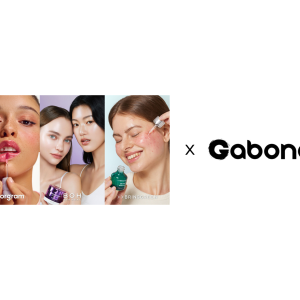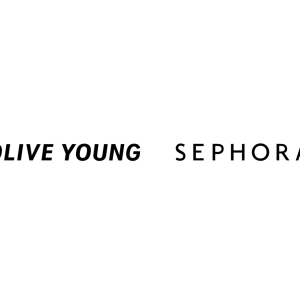Harvard Business School has documented CJ Olive Young’s growth journey as a pioneer in K-beauty, through its unique way of working, omnichannel strategy and customer-centric retail innovation

(Photo courtesy: Harvard Business School NEWSROOM)
MBA students at Harvard Business School (HBS) are analyzing the growth strategy of South Korea’s leading health and beauty retailer, CJ Olive Young, as part of their curriculum.
HBS has selected CJ Olive Young as a case study for its MBA program, recognizing its pioneering role in K-beauty and retail innovation. Titled “Olive Young: Formulating Beauty Innovation,” the study explores CJ Olive Young’s growth strategy, business model and its impact as South Korea’s first multi-brand health and beauty retailer, fostering small and medium-sized beauty brands. As South Korea solidifies its position as the world’s fourth-largest cosmetics exporter, CJ Olive Young is a key contributor to the global expansion of K-beauty.
A CJ Olive Young spokesperson remarked, “30% of the students in the class noted that they have previously shopped at Olive Young, which shows the strong global interest CJ Olive Young is gaining. During the session, students had the opportunity to analyze our core competencies and discuss strategic options for entering the U.S. market.”
The case study, co-authored by Professor Rebecca A. Karp and researcher Shu Lin, was introduced on February 11 (EST) as part of the “Business Innovation at Scale” course for second-year MBA students. The study explores CJ Olive Young’s role as an incubator, discovering and nurturing emerging brands with high growth potential. CJ Olive Young has created a solid retail ecosystem and largely contributed to the wake of the “K-beauty wave” by serving as a platform that not only introduces brands but also sets new beauty trends.
The study highlights CJ Group Chairman’s vision that long-term, mutually beneficial partnerships is the core of sustainable growth in the retail sector. CJ Group’s unique ONLYONE corporate philosophy was also referenced, which emphasizes being the first, the best and being different in the industry. One of the key core competencies the study highlighted is CJ Olive Young’s merchandising (MD) strategy especially in its unique way of working, which extends beyond traditional product-sourcing and price negotiations. By working closely with small and indie beauty brands to develop tailored growth strategies, CJ Olive Young strengthens its role as a key partner in brand success. Leveraging an extensive retail infrastructure, which includes physical stores, online platforms and global distribution channels, CJ Olive Young plays a critical role in identifying and curating emerging trends. Rather than simply responding to market shifts, the company actively shapes the beauty industry, setting the retailer apart from other retail channels and reinforcing its position as an industry leader.
Additionally, CJ Olive Young’s “MD Committee,” a collaborative decision-making process involving key stakeholders, ensures that new product launches align with market trends and consumer preferences. By evaluating factors such as differentiation, price competitiveness and trend potential, the MD Committee plays a crucial role in ensuring that offerings align with market demand and consumer preferences.
CJ Olive Young’s omnichannel model, which seamlessly integrates its 1,350 offline stores in South Korea (as of 2023) with its e-commerce platforms, was also recognized as a key competitive advantage. Analyzing in-store customer behavior and incorporating those insights into its online strategy has enabled the retailer to create a robust and comprehensive ecosystem that enhances customer experience and drives innovations.
The study further emphasized Olive Young’s bold investments in logistics and IT to enhance its omnichannel capabilities. These include the opening of global logistics centers in two different locations, aimed at optimizing the supply chain beyond the capital region and to the international market, as well as its investment of 9.7 million USD (14 billion KRW) in micro-fulfillment centers (MFCs) to optimize urban logistics. The company’s digital transformation efforts, reflected in the expansion of the developers and digital business division over the past five years, were also noted.
Another key factor examined in the study is CJ Olive Young’s innovative store layout, which breaks away from the industry norm of brand-based product displays and instead organizes products by trends and categories. The retailer allows customers to explore freely, while staff assistance is provided only upon request. This “discovery shopping” concept has transformed CJ Olive Young into a “beauty playground,” fostering an engaging and interactive shopping experience that sets it apart in the industry.
A CJ Olive Young spokesperson stated, “We are happy to be featured in the HBS case study as the only specialty retailer, underscoring the growing global interest in K-beauty. We remain committed to serving as a growth accelerator—helping K-beauty brands establish a strong foothold in international markets, with the belief that the success of small and medium-sized brands is directly linked to CJ Olive Young’s own growth.”
The case study is set to be published in the “Harvard Business Review,” Harvard’s business journal, and will be utilized in various settings. Additionally, CJ Olive Young is exploring further collaboration with HBS on specialized programs focused on the global expansion of K-beauty.











